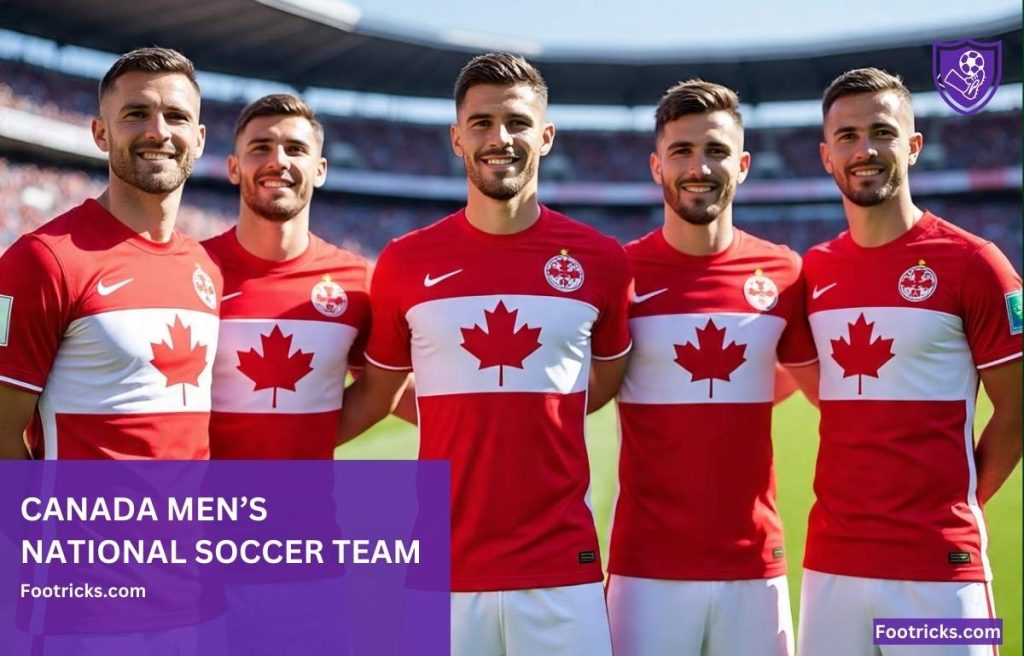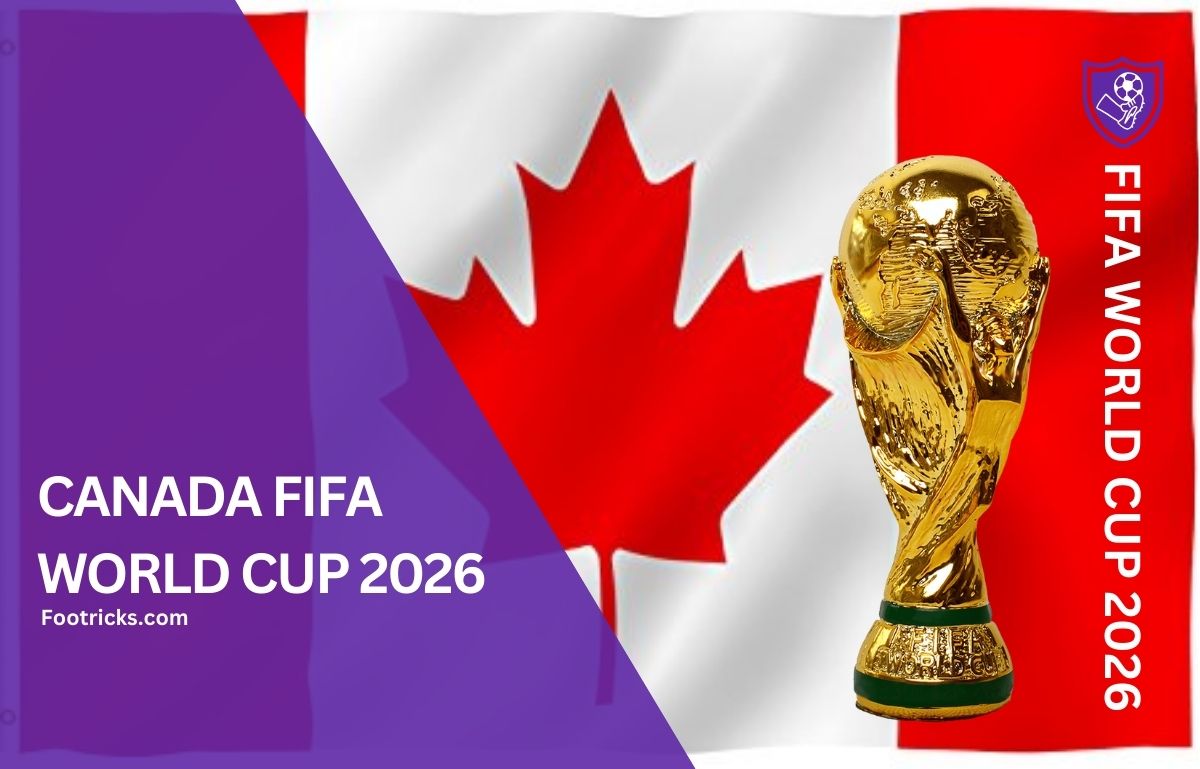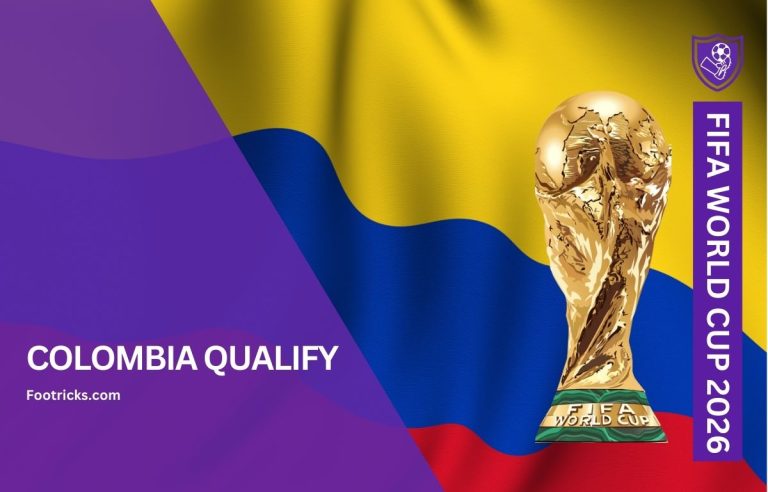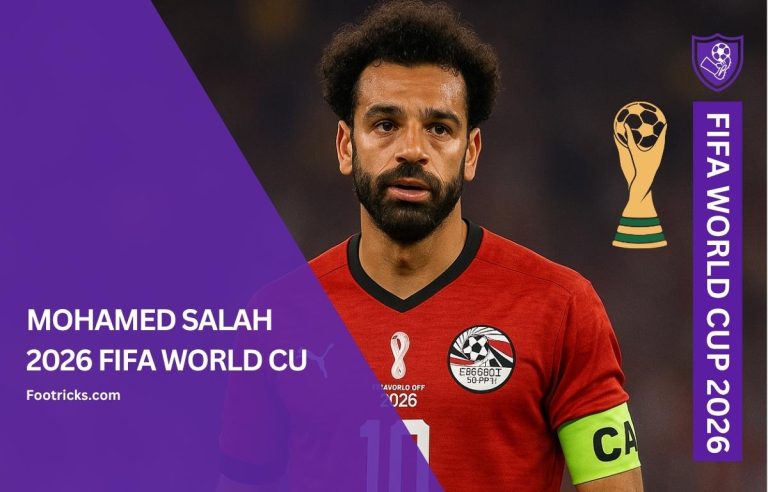Canada FIFA World Cup 2026 Qualification & Host Stadiums
Last Updated on: 15th September 2025, 08:36 pm
The Canada FIFA World Cup 2026 qualification was secured from the outset, ensuring that Canadian fans would witness their national team on the world’s grandest stage. As co-hosts of the tournament, Canada, along with the United States and Mexico, received automatic entry, marking a historic first where all three host nations qualified without the need for traditional qualification rounds.
Why Does Canada Qualify Automatically?
In FIFA World Cup history, host nations have traditionally been granted automatic qualification. This practice allows local fans to support their team and contributes to the global excitement of the tournament. For the Canada FIFA World Cup 2026 qualification, this rule was extended to all three co-hosts, ensuring a unified and inclusive tournament experience for all participants.
Host Nation
After a long wait, the FIFA World Cup will be hosted in Canada for the first time in 2026. As one of the co-host nations for the World Cup 2026, Canada will play an important role in staging several matches, giving fans across the country the chance to experience world-class football.
In the FIFA World Cup 2026, Canada will host matches in two stadiums located in Toronto and Vancouver. Out of the 104 matches in the tournament, 10 matches will be played in Canada, including group stage and knockout round games, ensuring that Canadian fans witness some of the most exciting moments of the World Cup. The matches in Canada will be scheduled from June 11 to July 19, 2026, covering group stage encounters and key knockout fixtures.
Canada FIFA World Cup 2026 Matches
In FIFA 2026, Canada will play a significant role as a co-host nation, hosting a total of 10 matches across two stadiums in Toronto and Vancouver. These matches will include group-stage games and a few knockout round fixtures, giving Canadian fans the chance to witness world-class football on home soil. Hosting these matches marks a historic milestone for Canadian soccer, as it will be the country’s first time staging a FIFA World Cup.
Canadian stadiums, including BMO Field in Toronto and BC Place in Vancouver, will welcome thousands of fans for an exciting lineup of games. These venues are set to provide memorable experiences for players and supporters alike, showcasing Canada’s growing presence in international football.
The United States will host the majority of matches, with 78 matches across 11 stadiums, including the grand final at MetLife Stadium in New Jersey/New York. Mexico will host 16 matches across three stadiums.
Together, the three co-hosts ensure that the 2026 FIFA World Cup is a truly North American event, giving fans across the continent unprecedented access to the world’s biggest football tournament.
Canada Men’s National Soccer Team (CANMNT)

The Canada men’s national soccer team (CANMNT) is set to make history as a co-host in the FIFA World Cup 2026. With automatic qualification, the team can fully focus on preparation and strategy. Hosting matches in Toronto and Vancouver gives fans a chance to watch top-level football live. The tournament marks a significant milestone for CANMNT and the growth of soccer in Canada.
Host Stadiums of Canada
Canada will play an exciting role in the FIFA World Cup 2026, hosting 10 matches across two top stadiums in Toronto and Vancouver. These stadiums are designed to provide fans with a fantastic World Cup experience, featuring modern facilities, ample seating, and all the action of world-class soccer right at home.
BMO Field Toronto
- Pitch Size: 105 x 68 meters (FIFA standard)
- Capacity: Around 45,000 (expanded for the World Cup)
- Facilities: Comfortable seating, VIP sections, media areas, player lounges, and top-quality turf and lighting for smooth gameplay.
BC Place Vancouver
- Pitch Size: 105 x 68 meters (FIFA standard)
- Capacity: Around 54,500
- Facilities: Retractable roof, modern seating, hospitality suites, broadcast facilities, and FIFA-approved natural grass for the tournament.
These two stadiums will bring World Cup excitement to Canada, giving fans the chance to watch some of the tournament’s biggest matches up close.
Canada FIFA World Cup 2026 Final Venue
While Canada will not host the final match, its role as a co-host highlights the country’s growing presence in international soccer. Canadian fans will still experience the excitement of the FIFA World Cup 2026, with the grand final scheduled at MetLife Stadium in East Rutherford, New Jersey, USA, on July 19, 2026. This milestone showcases Canada’s commitment to the global football community and its rising influence on the world stage.
Canada’s Role as a Co-Host
As a co-host nation, Canada will play a vital role in the FIFA World Cup 2026:
- Hosting matches in Vancouver and Toronto.
- Contributing to the tournament’s cultural and logistical success.
- Engaging Canadian fans and showing the nation’s passion for soccer.
- Providing world-class stadiums and facilities for players and fans alike.
- Helping to promote soccer development across the country by inspiring young athletes.
This collaboration with the United States and Mexico highlights Canada’s commitment to the global soccer community and emphasizes its growing prominence on the world stage.
Canada FIFA World Cup 2026 Qualification Journey
- 2017: Canada, along with the United States and Mexico, submitted a joint bid to host the 2026 World Cup.
- 2018: FIFA awarded the hosting rights to the joint bid.
- 2022: FIFA confirmed that all three host nations would receive automatic qualification.
- 2026: Canada will participate directly in the group stage, marking its debut as a World Cup host.
What It Means for Canadian Soccer
The Canada FIFA World Cup 2026 qualification brings several key advantages:
- Increased exposure for Canadian soccer on the global stage.
- Development opportunities for players and coaches through international competition.
- Upgraded infrastructure and facilities, leaving a lasting impact on the sport’s growth in Canada.
- Inspiration for future generations, helping to elevate soccer’s profile across the country.
- Boost to local communities and tourism, as fans from around the world experience Canada during the tournament.
- This historic event promises to leave a lasting legacy, showcasing Canada as an emerging force in international football.
FAQs:
Did Canada qualify for the FIFA World Cup 2026?
Yes, Canada automatically qualified for the FIFA World Cup 2026 as one of the three co-host nations, alongside the United States and Mexico. This is the first time in history that multiple host nations have all received automatic qualification.
How many matches will Canada host in the FIFA World Cup 2026?
Canada will host a total of 10 matches across two stadiums: BMO Field in Toronto and BC Place in Vancouver. These matches will include both group-stage games and knockout round fixtures.
When will Canada’s FIFA World Cup 2026 matches be played?
Canada’s matches will be played between June 11 and July 19, 2026, covering both group-stage and knockout round fixtures hosted in Toronto and Vancouver.
Where will the FIFA World Cup 2026 final be held?
The final will take place at MetLife Stadium in East Rutherford, New Jersey, USA, on July 19, 2026. Canada will not host the final but will play a key role as a co-host nation.
What does hosting the World Cup mean for Canadian soccer?
Hosting the tournament will bring global exposure to Canadian soccer, boost infrastructure, inspire young athletes, and promote the sport nationwide. It also offers economic benefits to generations of Canadian players.

I’m a professional football player from Prince Football Club, and a Computer Science student passionate about sharing football knowledge and helping young players improve. I founded Footricks to give footballers access to real, practical training tips, fitness routines, and game strategies backed by my experience on the field. Whether you’re just starting or want to take your game to the next level, my mission is to guide you through every step of your football journey.







